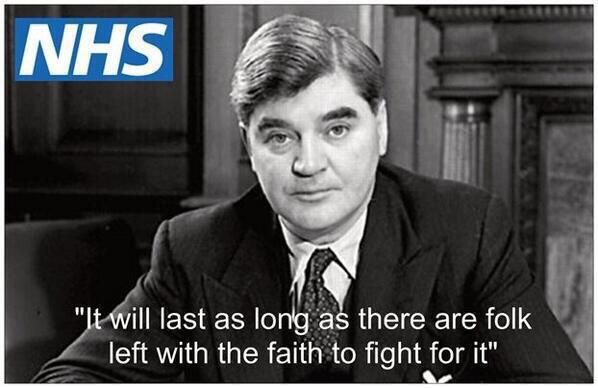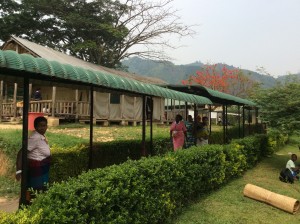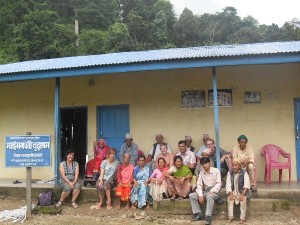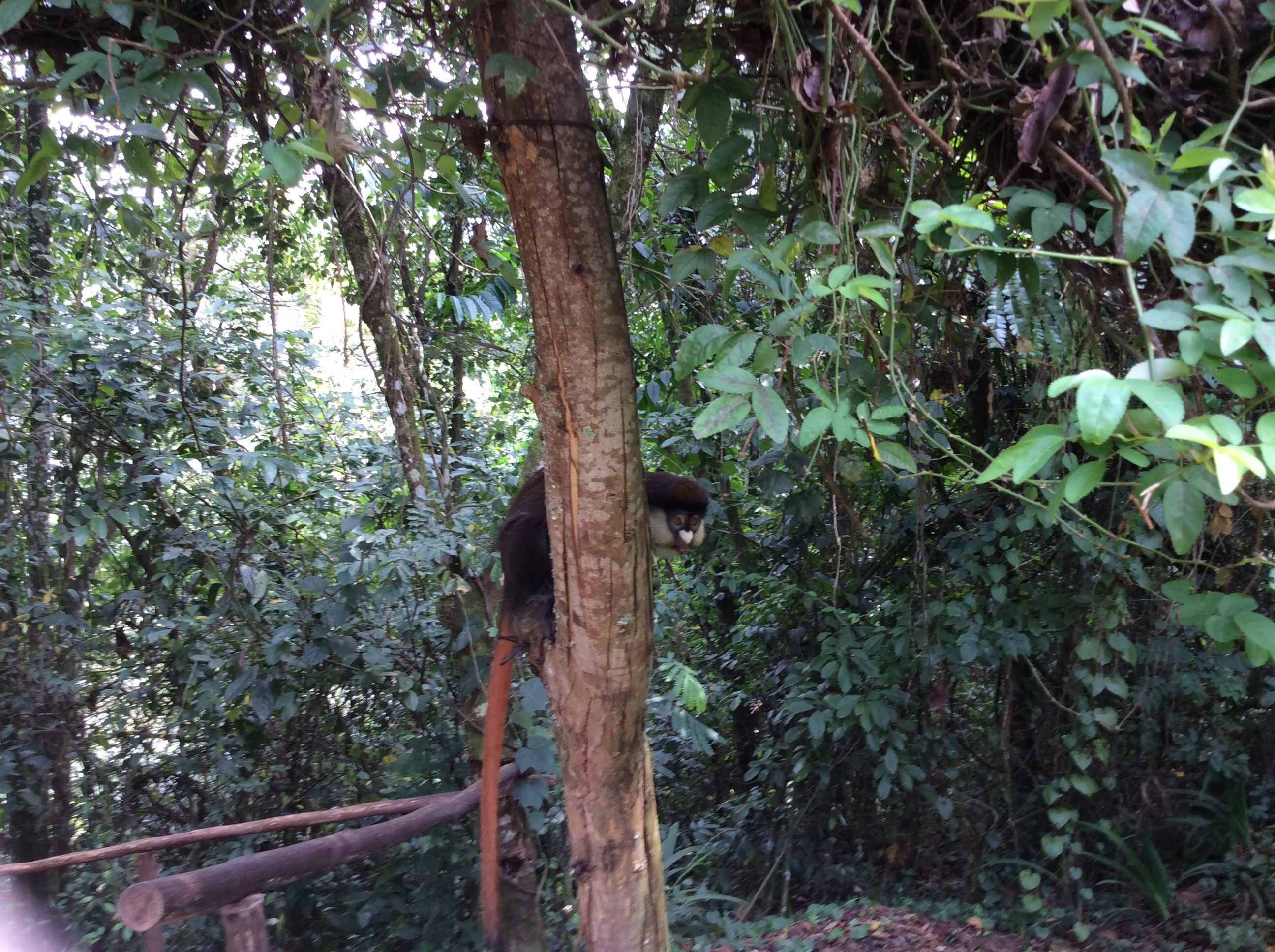I am currently working in a place where children die because their parents can’t afford to pay for treatment or keep up regular health insurance payments, where doctors work crazy hours for pretty poor pay and consequently make mistakes that cause harm and cost lives … Here people desperately want their health system to move forward and aspire to be more like the NHS… This is not a unique situation or aspiration, but one reflected in many nations around the world… Why on earth are our government trying to move us in the opposite direction?
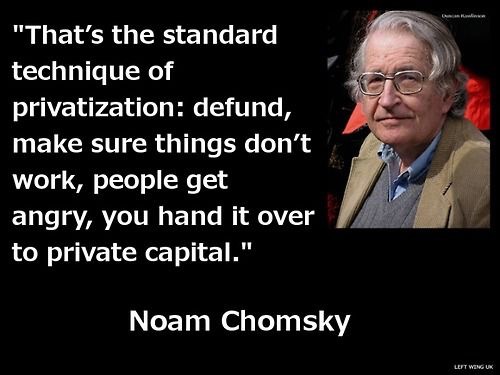
I am no longer a junior doctor, but I struggled to get to where I am today financially, intellectually and emotionally… Often sacrificing money, time, relationships and sanity for the love of the job and the NHS. Junior doctors now face higher workloads, higher university fees, huge debts, poor morale and intense working conditions and a sparse rota as their colleagues flee or burn out in droves.
And the solution to this? To increase hours and cut wages, leaving mortgages unpaid, children uncared for and an ever increasing exodus from the profession as exhausted doctors ( and nurses and physios and all the other dedicated underpaid overworked and under appreciated NHS staff) try their best to keep delivering care to those in need. Not forgetting of course there is no respite on the way as all the negative spin and deteriorating working conditions have contributed to one of the worst recruitments crises in medicine in recent history…
Let’s combine that with all the other appalling IMPOSED conditions the current government has brought in…
Ultimately what does all this mean… Patients and the public WILL SUFFER! a tragedy is already occurring in healthcare settings around the country and this will continue to escalate. Supporting our junior doctors is not just about them, it is about ALL OF US.
We are all just a mistake, an accident, a random chance away from our lives being in their hands! Please, let’s help those hands be awake, alert, well trained, well resourced, well supported and not panicking about their children having no childcare, their mortgages defaulting or their partners leaving them as they are never at home and always stressed!
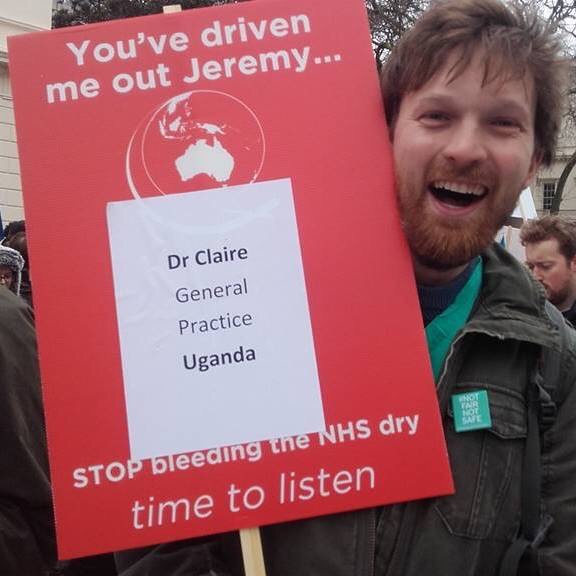 I am overwhelmed by what is happening to public services and the NHS under this giver net. I wish I could be there to come out and show my support in person! ✊ it just seems so ridiculous when I see what I see working here (rural Uganda) every day. I see how the solutions to so many of their problems lie in moving towards a stronger state sponsored health and welfare system, a security net for the travesties that life can so ruthlessly impose…
I am overwhelmed by what is happening to public services and the NHS under this giver net. I wish I could be there to come out and show my support in person! ✊ it just seems so ridiculous when I see what I see working here (rural Uganda) every day. I see how the solutions to so many of their problems lie in moving towards a stronger state sponsored health and welfare system, a security net for the travesties that life can so ruthlessly impose…
…And there is my country that has worked so hard to build that safety net, and yes needs to refine it but still … There it is capable of catching and supporting so many and with so much scope for growth and development to be stronger and better… And there they are, the Tories and their ilk, calmly and intentionally unpicking that net, cutting holes in it and watching people start to slip through. Travesty!
So, yes I support the junior doctors strike, because I agree that it is #notfairnotsafe but also because it is another step towards the demoralisation and destabilisation of the most beautiful creation of our generation… The NHS!
If I don’t convince you maybe this chap will:
Or this one… (Nye Bevan)

